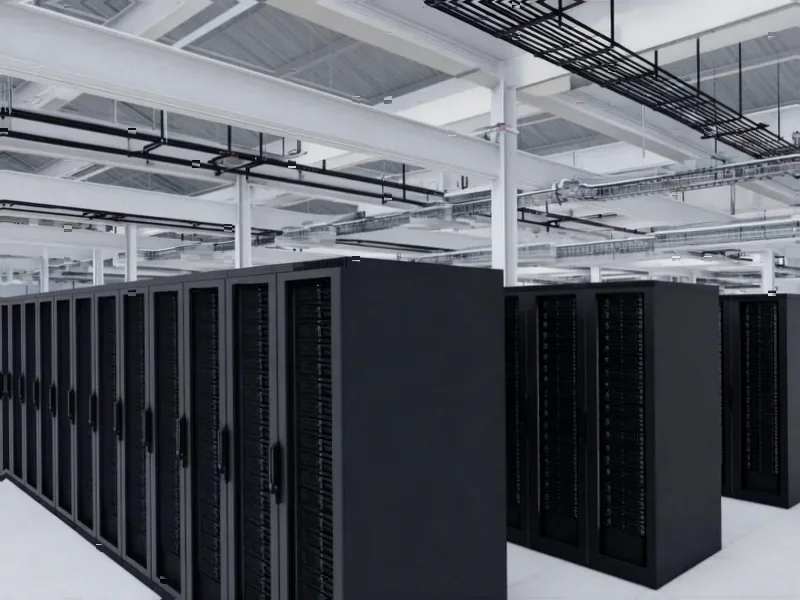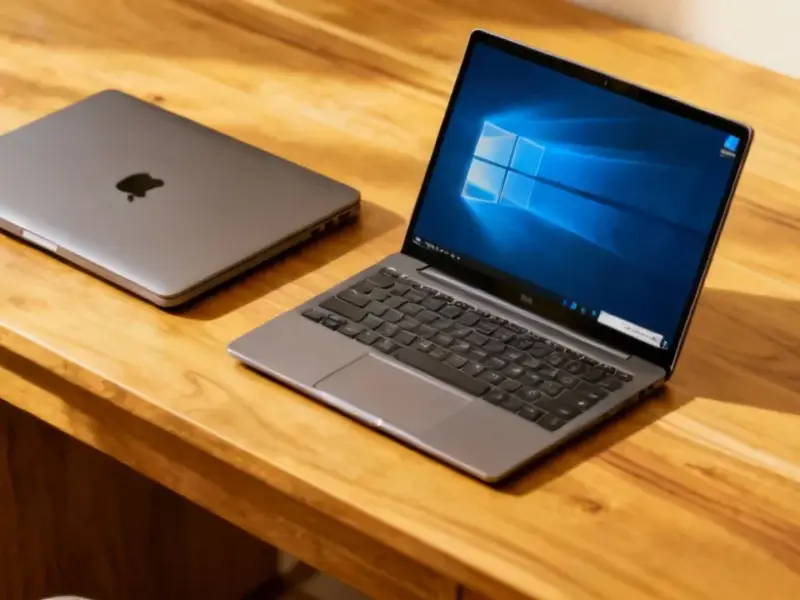According to DCD, Microsoft will invest $7.9 billion in the UAE between 2026 and the end of 2029, with $5.5 billion allocated to AI and cloud infrastructure expansion and $2.4 billion for operating expenses and costs of goods sold. This brings Microsoft’s total commitment under its UAE AI initiative to $15.2 billion since 2023, including previous investments like a $1.5 billion equity stake in G42 and $4.6 billion in data center capex. Microsoft vice chair Brad Smith revealed the company has already deployed the equivalent of 21,500 Nvidia A100 chips and secured export licenses for an additional 60,400 A100-equivalent GPUs, including Nvidia’s GB300s. The investment builds on Microsoft’s partnership with Abu Dhabi-based G42, which includes developing global data centers and establishing sovereign cloud offerings in the region. This substantial commitment signals a strategic pivot with far-reaching implications.
The Geopolitical Chessboard
Microsoft’s investment represents more than infrastructure spending—it’s a calculated geopolitical maneuver. The company’s ability to secure export licenses for advanced GPUs during both the Trump and current administrations demonstrates its unique position as a trusted intermediary between US national security interests and Middle Eastern technological ambitions. This positioning allows Microsoft to navigate the complex web of export controls that restrict other players from transferring cutting-edge AI technology to the region. The partnership with G42, backed by assurances to both governments, creates a template for how Western tech giants can expand in markets that might otherwise face regulatory barriers.
Sovereign Cloud as Strategic Asset
The development of sovereign cloud offerings in the UAE represents a fundamental shift in how nations approach digital sovereignty. Unlike traditional cloud regions that operate under US jurisdiction, sovereign clouds give governments greater control over data residency, compliance, and security. For the UAE and other Gulf states, this addresses longstanding concerns about data sovereignty while enabling access to cutting-edge AI capabilities. Microsoft’s partnership with G42 creates a model that other nations will likely emulate, potentially fragmenting the global cloud market along sovereign lines rather than technological capabilities.
The Global Compute Resource Scramble
Microsoft’s GPU deployment numbers reveal the scale of the compute resource race. The equivalent of 21,500 Nvidia A100 chips already deployed, plus licenses for another 60,400 A100-equivalent units, represents one of the largest concentrated AI compute installations outside the United States and China. This positions the UAE as a potential AI hub for the Global South, offering compute resources that many nations cannot access due to export restrictions or cost barriers. The strategic placement of these resources in the UAE creates a gateway for AI development across Africa, South Asia, and the Middle East, potentially reshaping global AI development patterns.
Regional Competitive Dynamics
Microsoft’s expanded presence fundamentally alters the competitive landscape in Middle Eastern cloud markets. While Amazon Web Services and Google Cloud have regional presence, Microsoft’s deeper integration through the G42 partnership and sovereign cloud offerings creates structural advantages that will be difficult to match. The timing is particularly significant given the recent completion of Microsoft’s Saudi Arabia cloud region and planned expansion into Kuwait. This creates a network effect across Gulf Cooperation Council countries, enabling multinational corporations to deploy consistent technology stacks while meeting local data residency requirements—a combination that has proven elusive until now.
Strategic Implications Beyond 2030
The $15.2 billion total commitment since 2023 represents one of the largest foreign direct investments in UAE technology history. Beyond the immediate infrastructure benefits, this positions Microsoft as a key partner in the UAE’s economic diversification away from oil dependence. The timing aligns with the UAE’s broader economic vision for 2030, creating symbiotic strategic alignment. For other technology companies considering Middle Eastern expansion, Microsoft’s success in navigating regulatory hurdles while securing compute resources sets a high bar that may consolidate its first-mover advantage for years to come.




